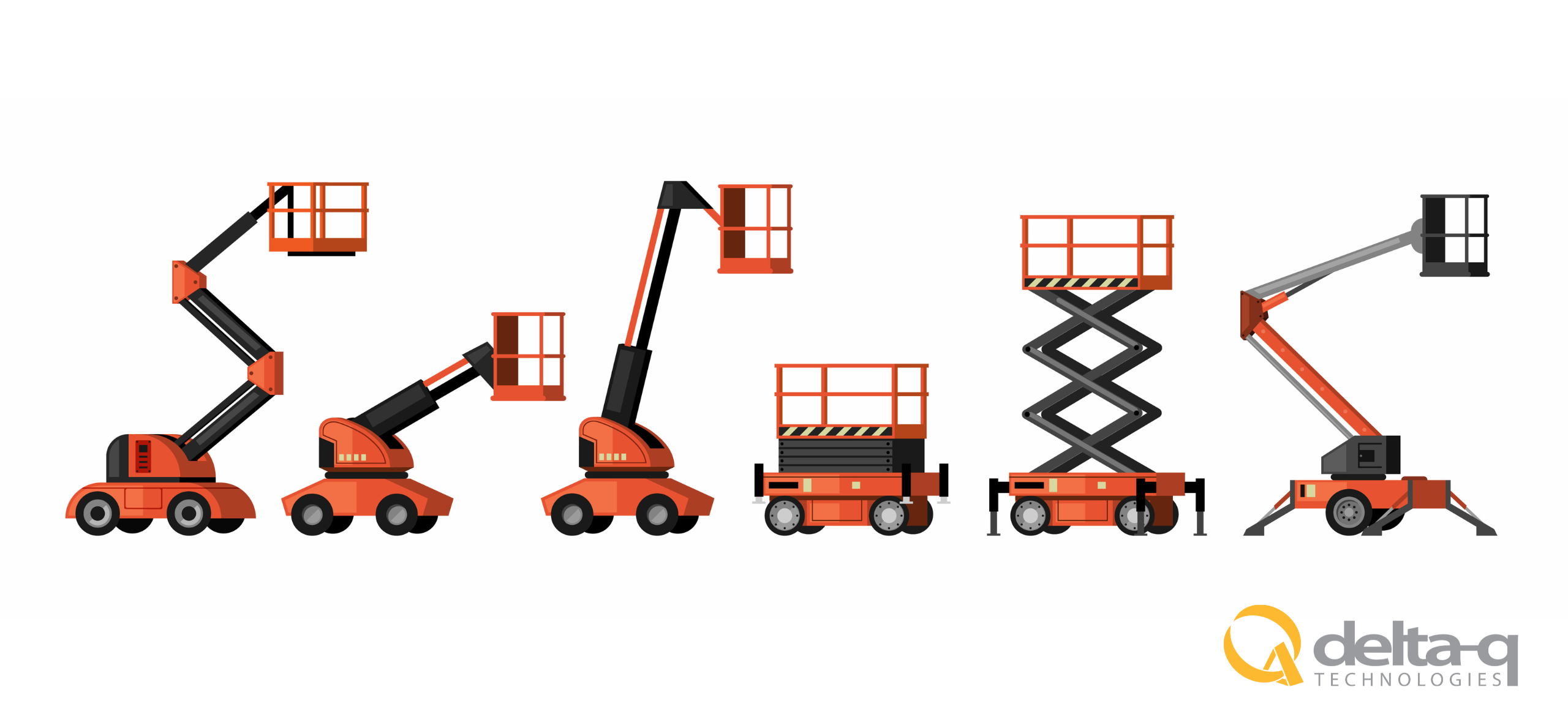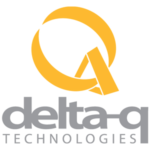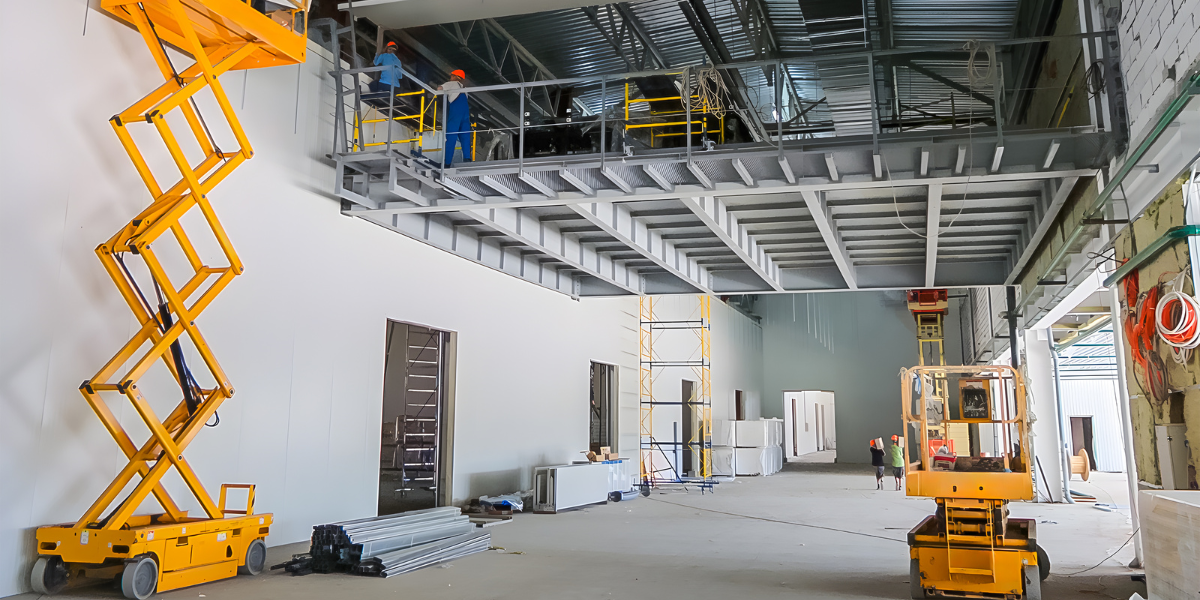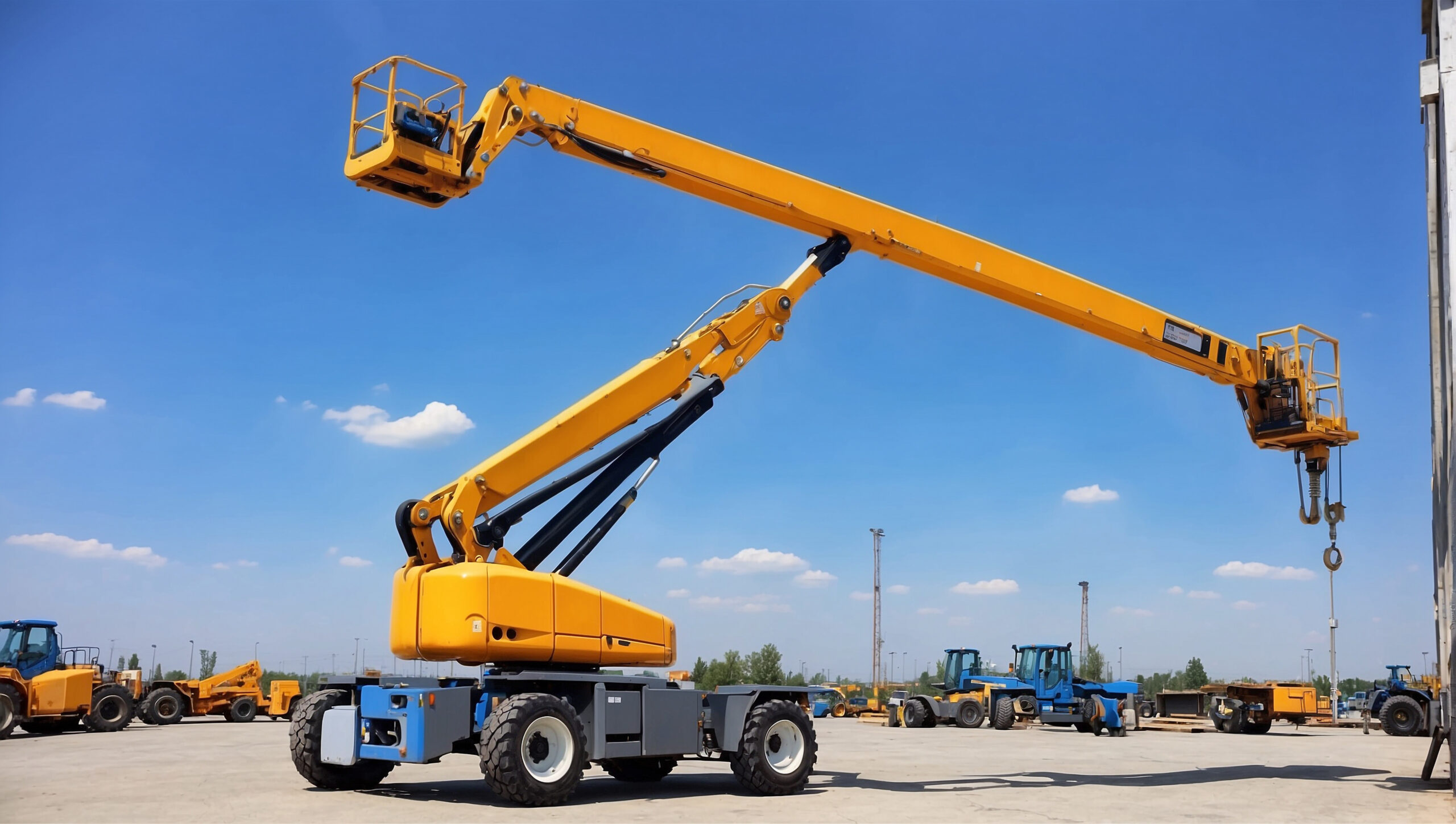Battery-powered Mobile Elevated Work Platforms (MEWPs) have surged in popularity over the past decade. The appeal is clear: electric MEWPs enable flexible, emissionless, and cost-efficient operations in applications ranging from construction sites to retail warehouses.
Yet with this flexibility comes a challenge. Many MEWPs—especially compact models such as retail order pickers, micro scissors, and small vertical mast lifts—often fall victim to premature battery failure.
The primary culprit? Improper care.
Poor maintenance can drastically reduce the lifespan of a lead-acid battery, from over 5 years to less than 18 months. To protect these investments, OEMs and fleet managers must educate their operators on effective battery maintenance and charging techniques.
Risk Factors Affecting Battery Lifespan
By nature of their application, there are several battery-related risks unique to this class of MEWPs. To guard against the errors that lead up to costly battery replacements, it’s first vital to understand the following risk factors:
- Reduced reserve capacity – Compact MEWPs commonly operate with 2x12V lead-acid battery packs, which, while providing power equivalent to a 4x6V pack, are more susceptible to deep discharge. Left in a partially discharged state, they are more likely to suffer permanent damage.
- Irregular use – Unlike the workhorses of a construction site or retail warehouse, compact MEWPs may go unused for extended periods. This infrequent use often results in neglect of standard maintenance and charging procedures, further compromising battery health.
- Lack of operator training – Given their niche application, these MEWPs are often operated by non-specialists, such as floor staff in retail settings or order-picking staff in warehouses. Combined with infrequent use, lack of training compounds the risk of operators forgetting or neglecting battery maintenance procedures.
These factors collectively contribute to degraded battery performance. Even when achieving a “full” charge, the equipment may suffer from a reduced maximum capacity that cannot be recovered. This often necessitates costly battery replacements far sooner than should be necessary.
Battery Care Best Practices
Overcoming the challenges associated with small lead acid battery packs comes down to two points: the right charger, and the right charging practices.
Utilizing the Right Charger
A high-quality charger programmed with optimized charging algorithms can greatly enhance a battery’s lifespan. These chargers monitor and adjust charge levels in real-time, preventing both overcharging and undercharging which can damage the battery.
Delta-Q Technologies’ RQ350 is specifically designed to meet the unique needs of 2x12V lead acid battery packs, leveraging key features such as:
- A dedicated maintenance mode, enabling the MEWP to stay plugged in when not in use. The RQ350 performs monthly top-ups to keep the battery in prime condition during prolonged inactivity.
- Built-in safety features to reduce the likelihood of self-discharge incidents common to compact MEWPs. The RQ350 further protects against risks such as reverse polarity, short-circuits, overcurrent, and AC over-voltage up to 420V.
Such optimized chargers greatly streamline and simplify the maintenance process, protecting OEM investments without demanding extensive technical expertise.
Optimal Charging Practices
Implementing high-quality chargers is a proactive and strategic move, and aligning operator training with the chosen charging solution mitigates risks even further.
Consider a few general best practices to maximize battery lifespan:
- Regular charging – Encourage operators to plug in the MEWP whenever it’s not in use, even for short periods. This maintains the battery’s charge level and prevents deep discharge.
- Implement a charging schedule – For machines used infrequently, consider establishing a regular charging schedule. This could involve applying a full, 14 to 16-hour charge to the battery pack every 2 or 3 weeks, even if the machine hasn’t been used.
- Ensure proper transportation and storage – When equipment is transported or stored long-term, best practices include keeping batteries between 30% to 50% state of charge and only charging when below 10%. Protection from temperature extremes is also vital, with cold temperatures reducing battery capacity and high temperatures accelerating battery aging.
Lead acid batteries are the lifeblood of MEWPs, and often one of their most expensive components. Adopting these key practices can enhance the performance and reliability of your machinery, ensuring your fleet is always ready for reliable deployment.
Key Takeaways for OEMs and Fleet Managers
Properly caring for small lead acid battery packs is crucial for efficient MEWP operations. Particularly for compact models that see less regular use, the importance of a comprehensive maintenance program aligned with the right charging solution cannot be overstated. These proactive measures are key to extending battery life, reducing replacement frequency, and cutting associated costs.
For OEMs and fleet managers, education is an essential first line of defense. Passing this education on to operators and customers can ensure exceptional value and protect investments at every step.
Delta-Q Technologies’ RQ350 charging solution adds another layer of security with its dedicated maintenance mode, custom-built for this exact scenario. Reach out to one of our experts to determine if implementing this solution is the right match for your operations.
Sources:
Philadelphia Scientific. What’s the lifespan of a lead acid battery? https://www.phlsci.com/news/articles/what-s-the-lifespan-of-a-lead-acid-battery/
PV Education. Characteristics of Lead Acid Batteries. https://www.pveducation.org/pvcdrom/lead-acid-batteries/characteristics-of-lead-acid-batteries
Battery University. BU-804: How to Prolong Lead-acid Batteries. https://batteryuniversity.com/article/bu-804-how-to-prolong-lead-acid-batteries





